Rev's Christian critics miss the point: we like our religion vague
The Rev Adam Smallbone may displease fundamentalists, but he’s the perfect priest for a post-Christian nation
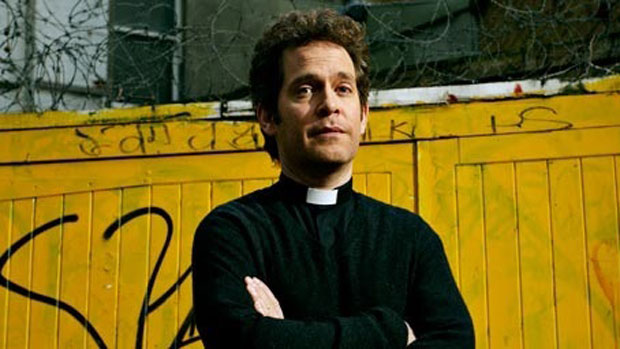
A free daily email with the biggest news stories of the day – and the best features from TheWeek.com
You are now subscribed
Your newsletter sign-up was successful
SERIES THREE of Rev, which came to an end last night, has coincided with a new bout of angst about religion and its position within the UK. We ought to be “more confident about our status as a Christian country,” the Prime Minister has exhorted us, and “frankly more evangelical”.
By contrast, the Reverend Adam Smallbone, who commands a dwindling congregation in his fictional East End church (and a much larger one on BBC2), has barely the confidence to maintain his own faith. To Christian critics of the programme, it’s another sign of godlessness at the BBC.
“Rev is an outsider's imaginative construction,” argues James Mumford in The Guardian, “a secular take on the sacred… In imposing its own outsider viewpoint, Rev defies the deepest ideal of a liberal, pluralistic society. In Rev the devout do not speak for themselves and therefore are not permitted to sit at the high table of our national media.”
The Week
Escape your echo chamber. Get the facts behind the news, plus analysis from multiple perspectives.

Sign up for The Week's Free Newsletters
From our morning news briefing to a weekly Good News Newsletter, get the best of The Week delivered directly to your inbox.
From our morning news briefing to a weekly Good News Newsletter, get the best of The Week delivered directly to your inbox.
He proposes a corrective plot line for a future episode. A woman would be hit by a car, sustaining spinal injuries. The reverend would then proceed to cure her through the power of prayer, and she would celebrate the miracle by running down the aisle of the church.
This proposal gets to the heart of the issue, though perhaps not the one the writer intends. His clumsy, didactic trick would turn away many viewers – and not only the atheists and agnostics, but also many Christians or sort-of-Christians who nonetheless have doubts about the healing powers of vicars.
The result would be a scene that invited the audience to laugh at the idea of taking faith seriously. Rev would never do that.
In fact, the programme’s writers approach faith with great seriousness, even in the midst of their irreverence. In the second episode, Adam is asked to marry two friends of his wife, both of whom happen to be men. Caught between his own liberal instincts and the strictures of Church law, he carries out first an awkwardly truncated blessing and then, behind closed doors, something much closer to the real deal.
A free daily email with the biggest news stories of the day – and the best features from TheWeek.com
The writers’ sympathies are clearly with the gay couple and those Christians who want to see them married, but the mood of the humour is not anti-clerical. There is not even any suggestion that the Church’s stance results from homophobia.
Adam knows that its rules are all that stand between unity and schism in the conflict between two sincerely held religious positions: that of the couple, who believe their union will be stronger if it is blessed, and that of the Church authorities, who believe that the Anglican communion will split if it blesses such a union.
Adam’s attempts to reconcile these positions lead him into farce, but we laugh with him at the absurdity of the situation. His faith is neither questioned nor mocked, and when he speaks to God, it is up to us to decide whether he is heard.
In the end, even the archdeacon sides with Adam. The gay couple believe themselves married and the Church authorities believe that no marriage took place. The sum of human joy is increased, thanks to a large helping of the finest Anglican fudge.
Rowan Williams, the former Archbishop of Canterbury, said on Sunday that Britain is a “post-Christian nation”, shaped by a religion that most of us no longer believe.
The Reverend Adam Smallbone is a product of that nation. With his warmth and willingness to explore his own doubts, he appeals to people of all faiths and none – and does more for the reputation of the Church than any number of crippled women turning cartwheels in the aisle.
The complete third series of Rev is available on BBC iPlayer
Holden Frith is The Week’s digital director. He also makes regular appearances on “The Week Unwrapped”, speaking about subjects as diverse as vaccine development and bionic bomb-sniffing locusts. He joined The Week in 2013, spending five years editing the magazine’s website. Before that, he was deputy digital editor at The Sunday Times. He has also been TheTimes.co.uk’s technology editor and the launch editor of Wired magazine’s UK website. Holden has worked in journalism for nearly two decades, having started his professional career while completing an English literature degree at Cambridge University. He followed that with a master’s degree in journalism from Northwestern University in Chicago. A keen photographer, he also writes travel features whenever he gets the chance.
-
 The environmental cost of GLP-1s
The environmental cost of GLP-1sThe explainer Producing the drugs is a dirty process
-
 Greenland’s capital becomes ground zero for the country’s diplomatic straits
Greenland’s capital becomes ground zero for the country’s diplomatic straitsIN THE SPOTLIGHT A flurry of new consular activity in Nuuk shows how important Greenland has become to Europeans’ anxiety about American imperialism
-
 ‘This is something that happens all too often’
‘This is something that happens all too often’Instant Opinion Opinion, comment and editorials of the day
-
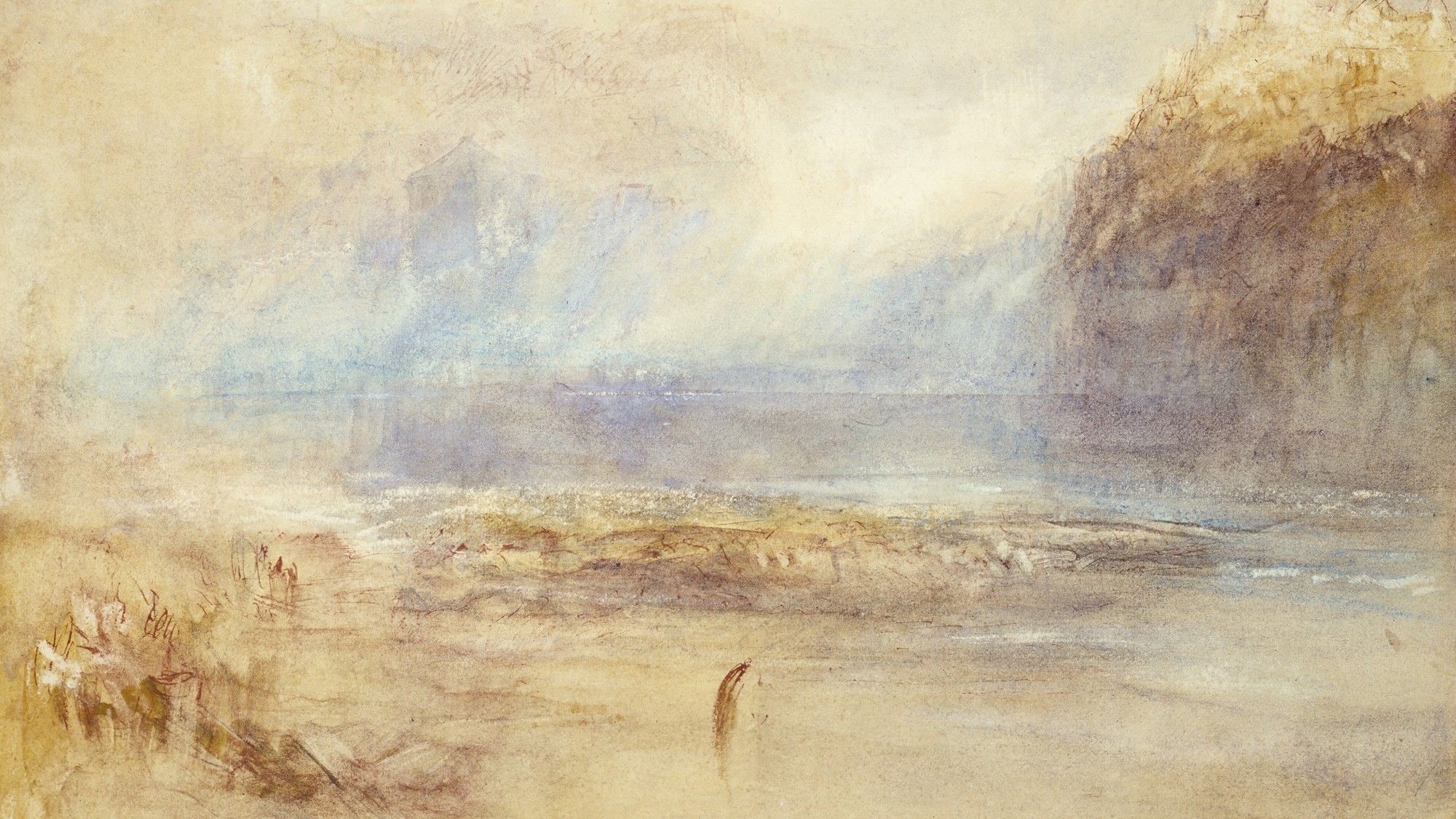 Turner: The Secret Sketchbooks – a fascinating portrait of the great painter
Turner: The Secret Sketchbooks – a fascinating portrait of the great painterThe Week Recommends BBC2 documentary examines the rarely seen sketchbooks of the enigmatic artist
-
 Dianarama examines the ‘extraordinary scale’ of Martin Bashir’s lies
Dianarama examines the ‘extraordinary scale’ of Martin Bashir’s liesThe Week Recommends Andy Webb’s book is packed with ‘astonishing’ allegations surrounding Princess Diana’s 1995 Panorama interview
-
 Eurovision faces its Waterloo over Israel boycotts
Eurovision faces its Waterloo over Israel boycottsTalking Point Five major broadcasters have threatened to pull out of next year’s contest over Israel’s participation
-
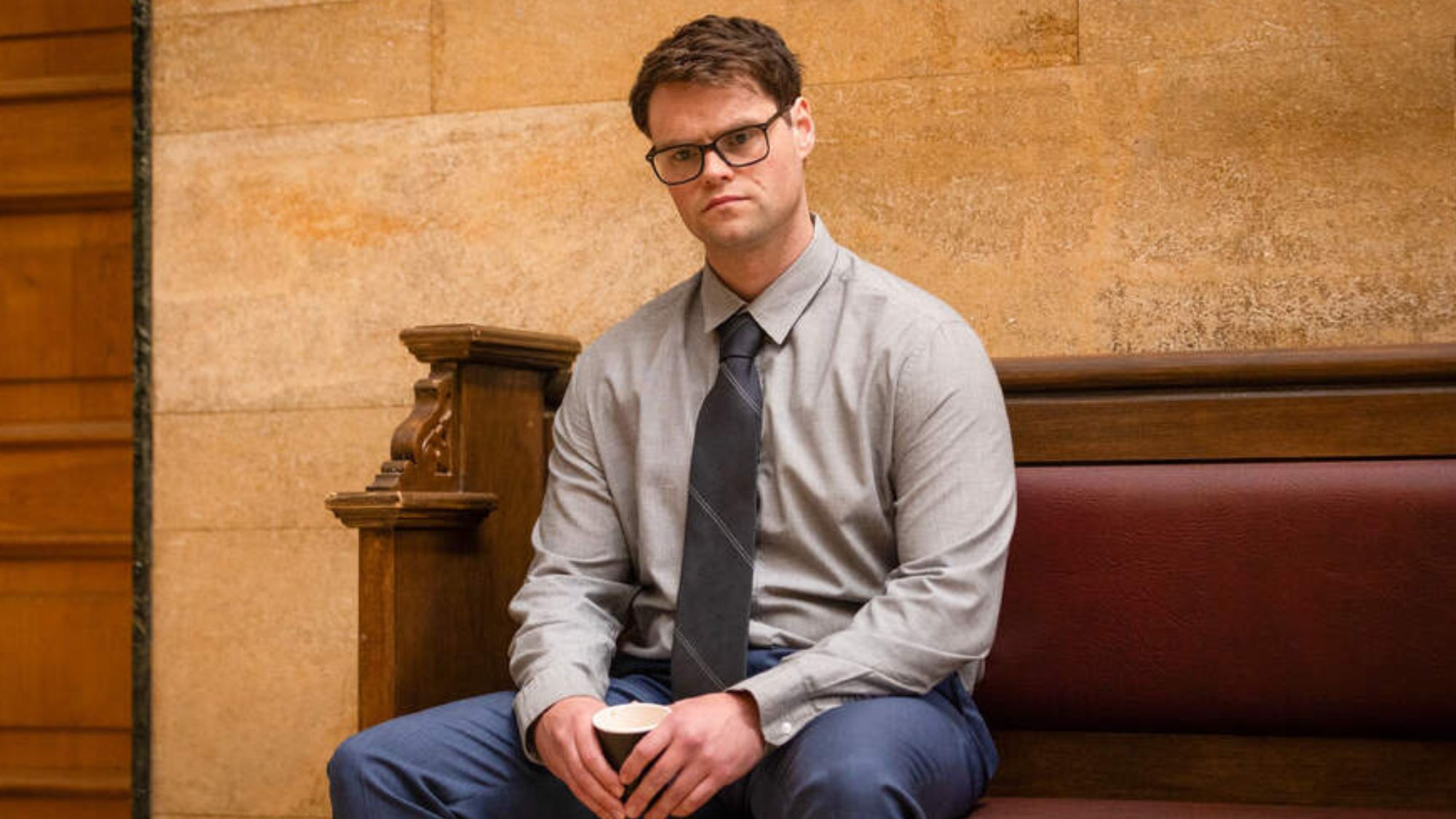 Unforgivable: harrowing drama about abuse and rehabilitation
Unforgivable: harrowing drama about abuse and rehabilitationThe Week Recommends 'Catastrophic impact' of abuse is explored in 'thought-provoking' series
-
 How to go on your own Race Across the World
How to go on your own Race Across the WorldThe Week Recommends The BBC hit show is inspiring fans to choose low-budget adventures
-
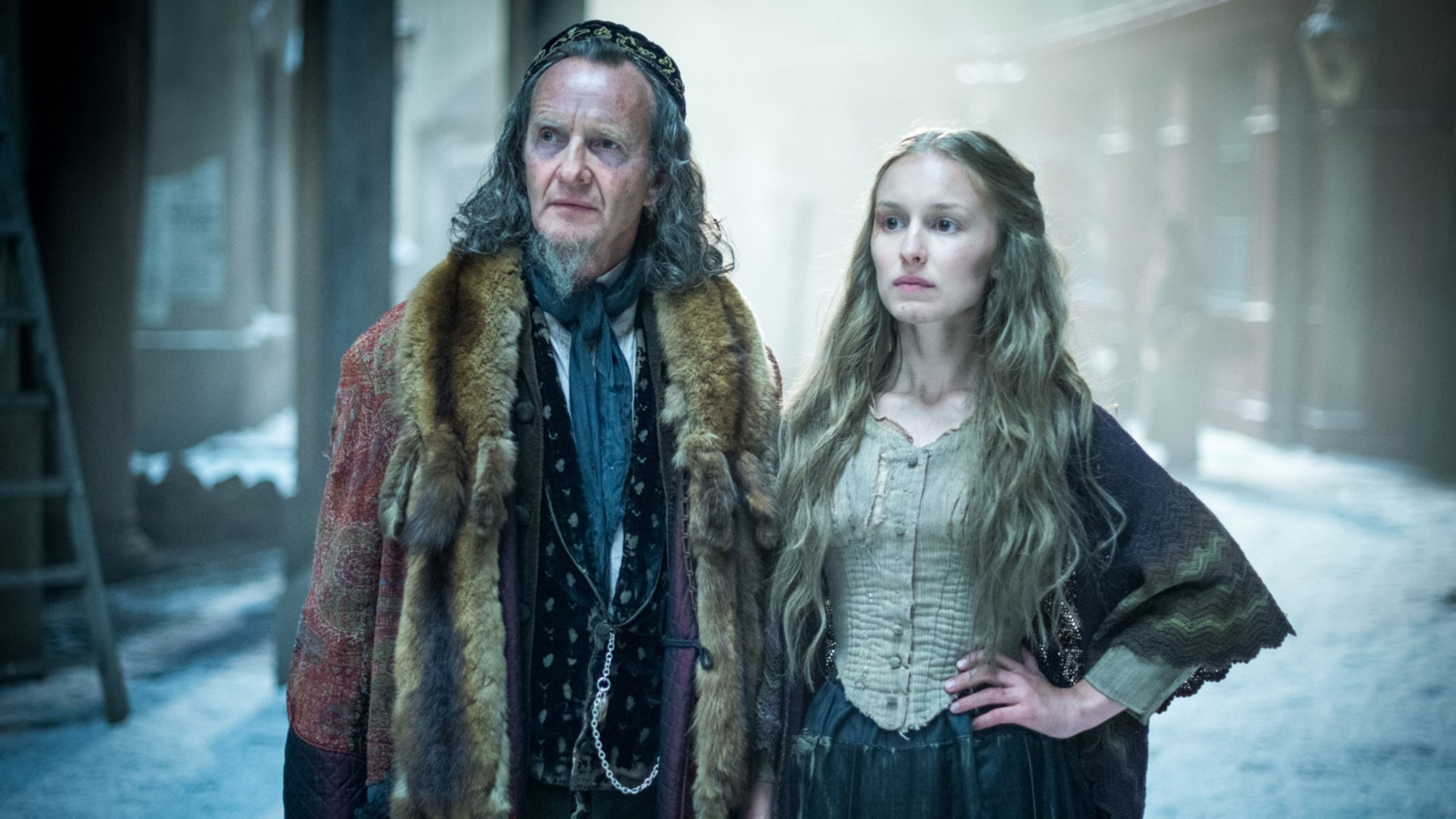 The top period dramas to stream now
The top period dramas to stream nowThe Week Recommends Heaving bosoms and billowing shirts are standard fare in these historical TV classics
-
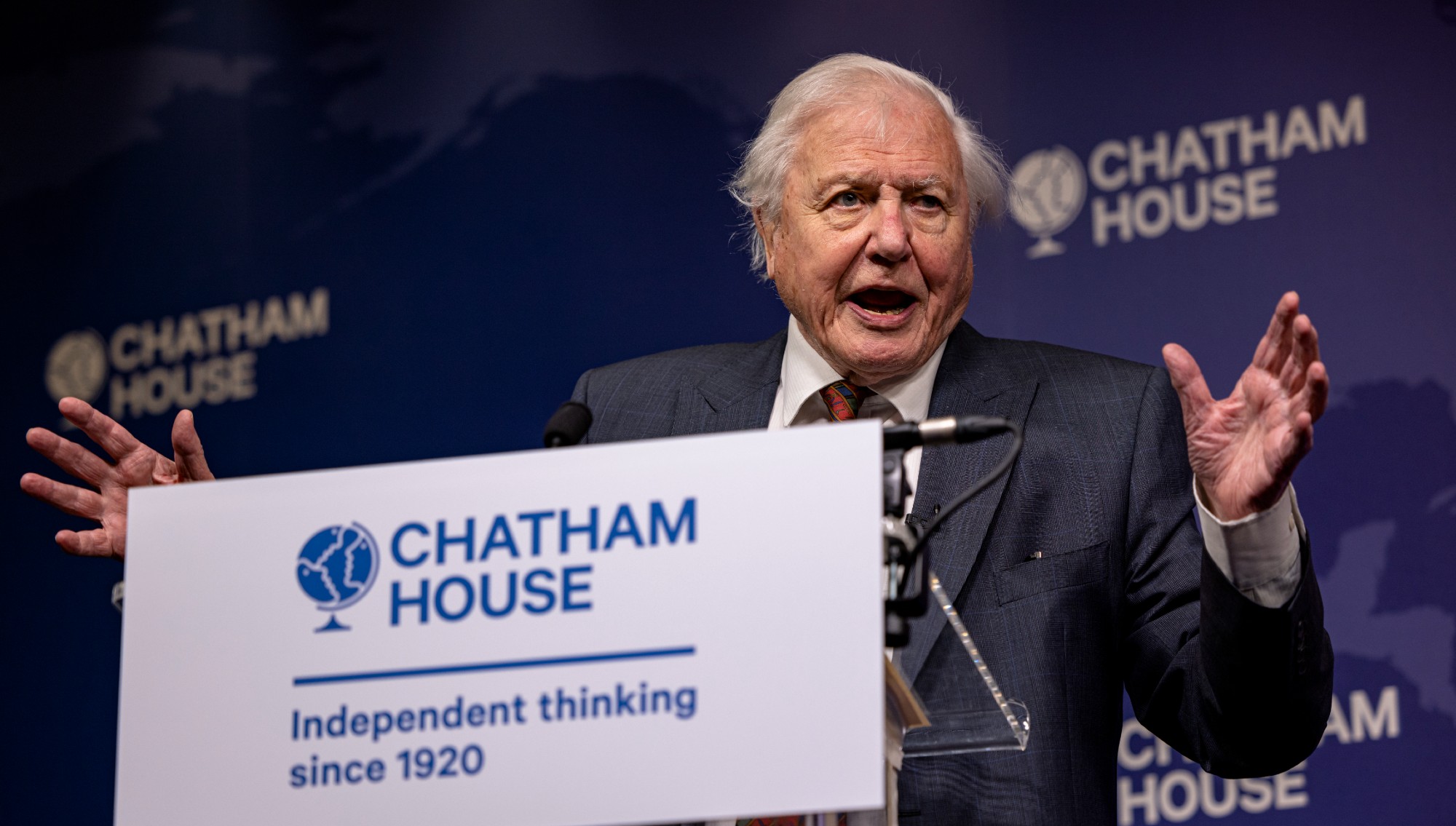 David Attenborough at 99: a 'radical' voice for climate action
David Attenborough at 99: a 'radical' voice for climate actionIn The Spotlight In his new film 'Ocean', TV's best-known naturalist delivers his strongest message yet
-
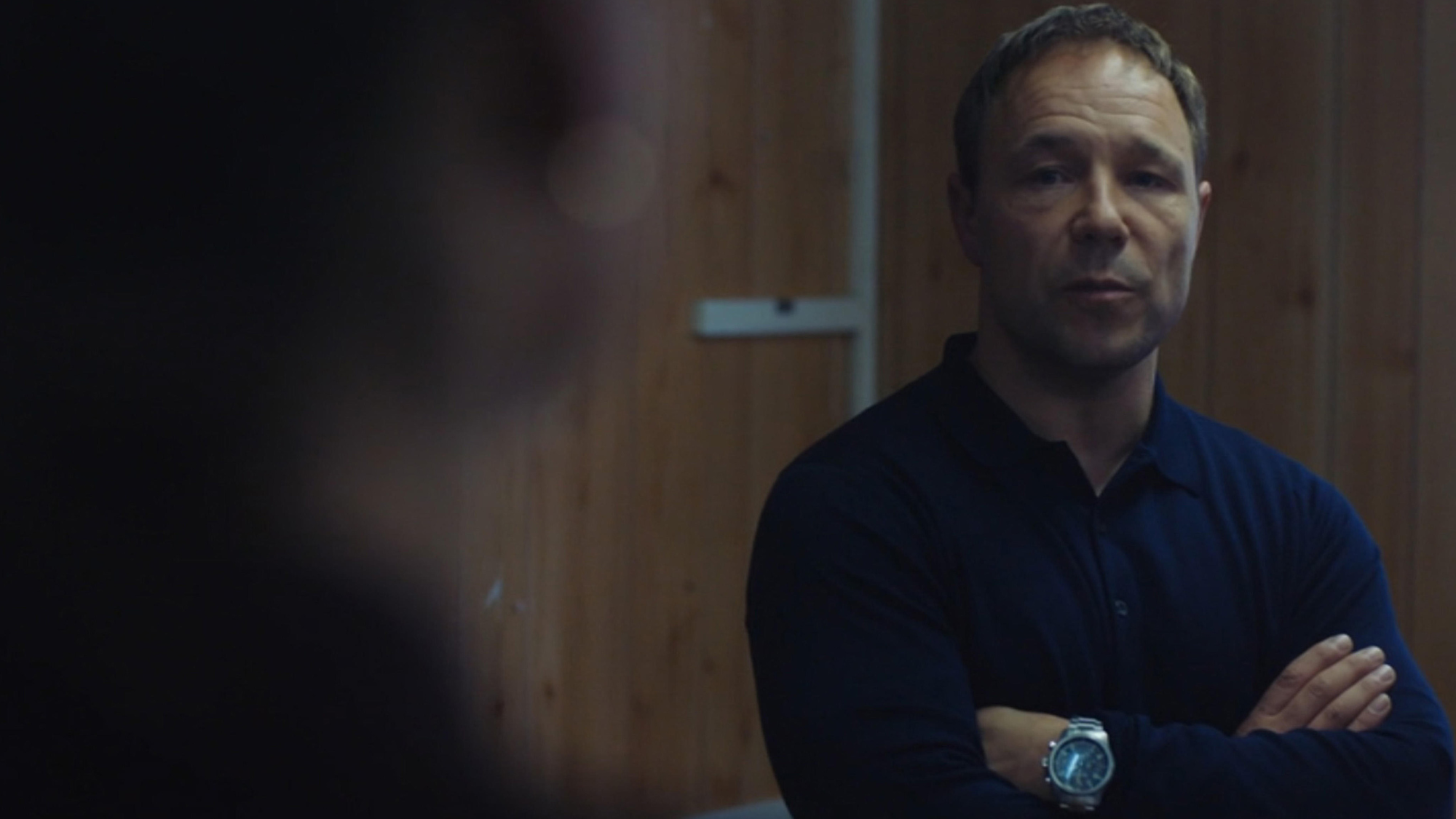 Stephen Graham's best TV and film roles
Stephen Graham's best TV and film rolesThe Week Recommends From Line of Duty to Adolescence, these are the prolific actor's must-watch projects